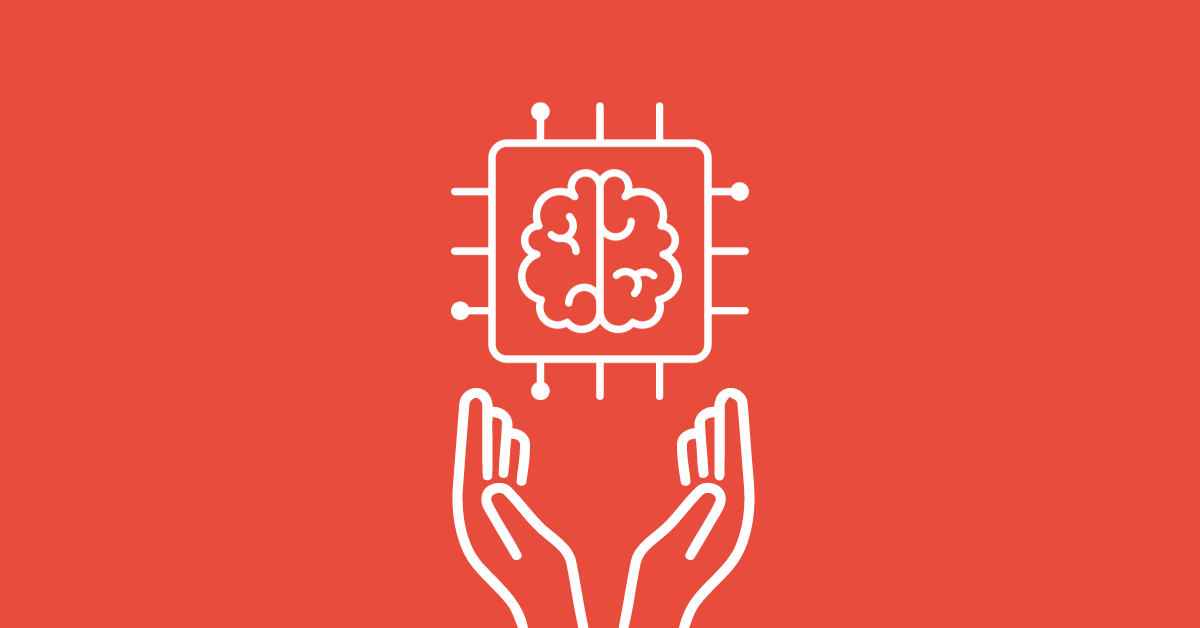Why Are AI and RPA Often Confused?
2023 will be remembered as a cornerstone year for the seismic shift that occurred around the awareness and adoption of AI. ChatGPT’s mass consumption has triggered a heightened awareness around generative AI and AI in general. As leaders of Business, Government and Academia try to assess how it can be used and governed and what both the short and long term are. The message is pretty clear to everyone, the technology is here to stay, and plans need to be made on how it will be successfully implemented. As the founder of an Intelligent Automation Managed Services company the phrase I have heard now more than ever is... “It’s not a question of IF we need to utilize AI based Automation, but it’s when.” My answer to that statement is, NOW is the time to make the leap. Frankly innovation is progressing so rapidly, businesses that don’t get a 3–5-year plan together now will be out of business or struggling to keep up in a short amount of time.
That being said there is still an ample amount of confusion around AI and RPA. Take for example this article that is titled, “AI and automation: Business leaders adopt small-scale solutions for greater impact.” At first glance, you would think it would go in depth about how AI is making a massive impact on businesses. Upon further review the majority of the article and success outlined are attributed to RPA. Recently Olive AI closed their doors unceremoniously and the impact has been felt by some of our customers and others. They claimed to be an AI based platform, truthfully most of their products used RPA activities as part of their offering. Many of our new Healthcare customers come to us saying they need “AI” which I will credit Olive for helping them gain an understanding of what is possible.

%20(2).jpg?width=1584&name=Newsletter%20Template%20Images%20for%20Hubspot%20(1600%20%C3%97%20900%20px)%20(2).jpg)

-Jan-24-2023-12-37-45-4647-AM.png)
-1.webp)

%20(2).webp)